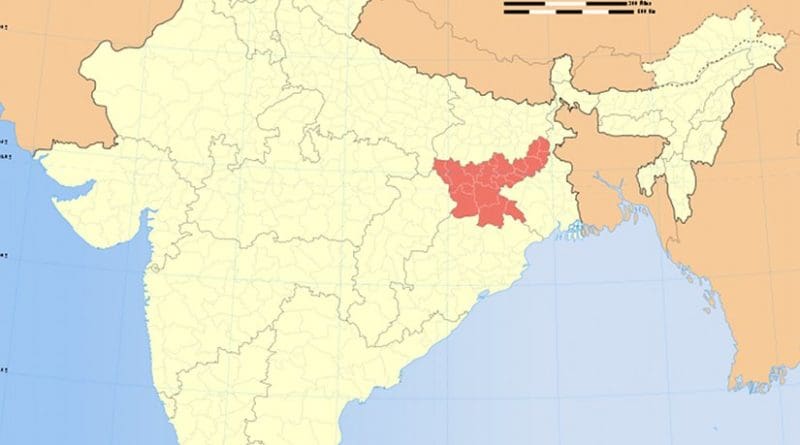India: Jharkhand’s Anti-Maoist Operations: Why Bravado Will Fail? – Analysis
Two personnel of CRPF’s elite anti-naxal COBRA battalion were killed during a ‘special operation’ by Jharkhand Police and para-military personnel against the Maoists on 27 September 2011 in Jharkhand’s Jhumra Hills (Bokaro district), 150 km north-east of state capital Ranchi. The news is disturbing for the sheer reason that the death of the commandos was the result of a highly adventurous operation smacking of bravado, rather than being meticulously planned.
The state police chief claimed that the operation was launched following an intelligence input regarding a Maoist hideout in Aman Forest under Gomia police station where “senior Naxal leaders are camping”. The input, as is clear now, had been used as a trap to lure the security forces into the area. The forces fell for it.
Honey trapping the security forces with a false input is a familiar story in almost all the Maoist affected theatres in India. The unwritten rule for the security forces in most states is to wait till such inputs are duly confirmed, before launching operations. In 2010, the CRPF, following two major attacks that cost the force about 100 personnel in Chhattisgarh, had brought in the additional clause of procuring a clearance from its headquarters before acting on any dubiously acquired intelligence input. It was critiqued as a defensive policy, primarily aimed to save the lives of men in potentially hazardous operations.
However, in areas where the intelligence gathering mechanisms of the state police (on which the CRPF is predominantly dependent) simply do not exist, it’s a rational policy as well. The delay in launching operations costs valuable time, providing the extremists opportunity to escape. But at the same time, it prevents the specter of losing security force personnel repeatedly in ambushes, thereby denying the Maoists enormous psychological advantage.
Jharkhand police is, however, on a high following the month-long ‘Operation Monsoon’ which was carried out in the Saranda forests in August 2011. State Police chief on 1 September had claimed that ‘Operation Monsoon’ has cleared the Saranda area off Maoist presence, although the reality is that the extremists have simply vacated the area. Probably the rush to clear the state off Maoists is playing a factor in launching such hazardous operations. The security forces do not have any means of permanently stationing in areas cleared off Maoists, which would allow the extremists to return to the area without much trouble.
There is an obvious need to strike a balance between bravado and a regressively defensive approach. The war against the left-wing extremists is bound to be a protracted one and any move to hasten the process will backfire. Search for this piece of wisdom ends with Mao Tse Tung who said, “If we do not have a 100 per cent guarantee of victory, we should not fight a battle, for it is not worthwhile to kill 1,000 of the enemy and lose 800 killed ourselves.”

